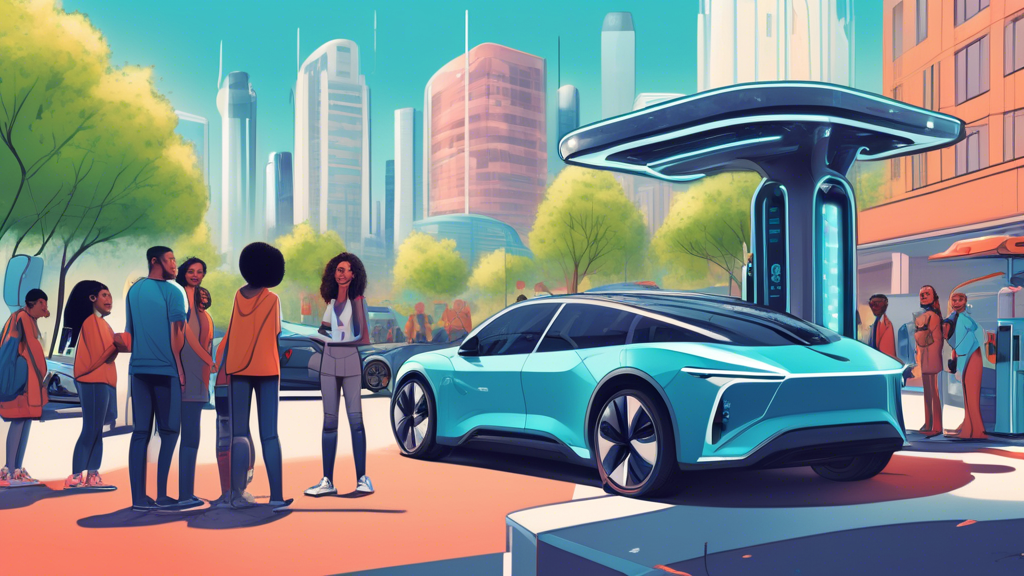
The Electric Vehicle Conundrum: Embrace the Future or Stick to the Past?
So, you’re considering jumping on the electric vehicle (EV) bandwagon, right? It’s sleek and silent and promises a future of green highways not clouded by vehicle exhaust. But, as with any revolutionary technology, the road to adopting electric vehicles is dotted with a few potholes. So, what is the issue? what are the problems in the adoption of electric vehicles? Let’s explore some major challenges consumers, manufacturers, and governments face as we shift toward a more electrified future.
1. High Voltage Prices: Sticker Shock?
First up, let’s talk money. Have you ever experienced sticker shock? Well, prepare yourself because EVs can be quite pricey upfront. The cost of developing and producing batteries, especially those that offer longer ranges, can push the prices of EVs higher than their gasoline-powered cousins. However, remember, like investing in a good mattress because you spend a third of your life sleeping, investing in an EV might be worth your while, considering the savings on fuel and maintenance in the long run. But initially? Yes, it’s a bit of a gulp.
2. Charging Challenges: Where Can I Juice Up?
Imagine this scenario: you’re driving, and your EV’s battery icon starts flashing. Panic ensues. Where’s the next charging station? Are you going to be stranded? Unlike traditional vehicles, where gas stations are plentiful, the infrastructure for electric charging stations is still playing catch-up. Although there’s a rapid improvement, the availability of charging stations and the time it takes to charge can induce range anxiety—even in the calmest of drivers.
3. Battery Life Blues: Will It Last?
Now, let’s talk about the heart—or should we say the powerhouse—of an EV: the battery. The range of an EV largely depends on battery health, which can degrade over time. Ever noticed how your smartphone begins to hold less charge after a couple of years? Similar concerns hover over EV batteries. Manufacturers are tirelessly working to enhance battery technology, but the anxiety over dwindling battery life and the eventual replacement cost is a real concern for potential buyers.
4. Economic and Environmental Impacts: Are We Ready?
Switching to electric does not just involve individual buyers; it has sprawling implications for the entire automotive ecosystem. This includes job shifts in industries dedicated to traditional car manufacturing, fuel production, and more. Moreover, while EVs significantly reduce tailpipe emissions, the environmental impact of manufacturing and eventually recycling batteries is an ongoing debate. How green is an EV? Well, it’s complicated.
5. Technological Turbulence: Keeping Up with Innovation
EV technology is evolving at breakneck speed. What’s hot on the market today might be an old-school model in a few years. For tech-savvy consumers, this is exciting, but it can be slightly unnerving for the average Joe or Jane looking for longevity in their purchase. Will your new electric car become outdated with the next advanced battery technology or charging capabilities? Possibly.
Ready to Switch Gears?
Despite these challenges, the future of transportation is undeniably electric. Governments are pushing for cleaner transport solutions, and innovations in EV technology are breaking barriers every day. Yes, there are speed bumps on the road to electrification, but the destination promises to be worth it.
So, are you ready to join the EV revolution, or are you waiting for a smoother ride? Either way, monitoring how these challenges are met may determine when you’ll be ready to put your foot on the electric pedal. Ready to make the switch, or at least thinking about it? That’s already a step forward!
